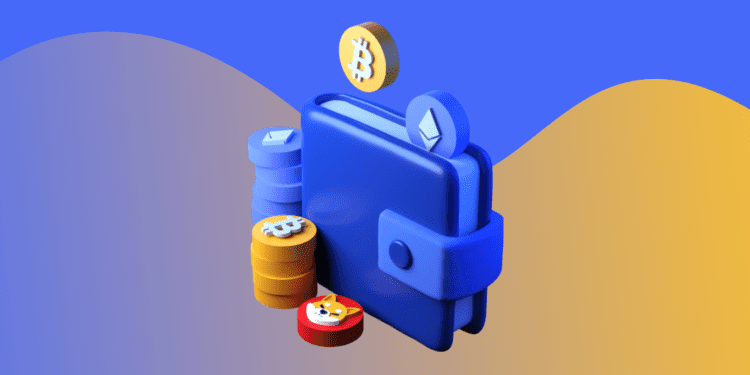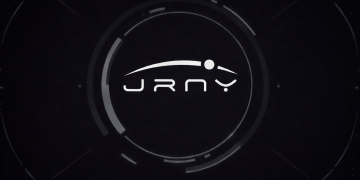The fallout of the collapse of the FTX crypto exchange caused significant repercussions for the crypto markets and other speculative markets. The effects can be felt in the world of Formula One, as FTX Crypto was a sponsor for the Mercedes Formula One team, but as of the Brazilian Gran Prix, they will no longer be.
As someone new to the world of NFTs, Crypto, and the blockchain, hearing those words and how some of the biggest names in the crypto world have filed for bankruptcy can be daunting. Having a custodial wallet as a novice investor in the NFT market is the best option, as this is a safe option to get into the crypto market.
What is a Custodial Wallet
The best way to describe a custodial wallet is by imagining it as creating a bank account with a big bank, you may not earn the best interest rates or get the best rates, but you know your money is safe compared to a smaller bank account that might may you more money but at a higher risk.
Just like having a bank account, if you lose your information for your account, you will still retain your crypto. You can reset the password and other essential information for the account.
The passwords are called keys, like a key to a vault. They are made up of a string of letters and numbers at random, making them very difficult to crack but also challenging to remember if you lose your account details.
One of the main issues with a custodial wallet is that you need to trust the platform you use when opening the account. Suppose the platform you chose has done some illegal business and gets raided or investigated by the authorities. You may need help accessing your account, as the company’s assets are frozen.
The pros to owning a custodial wallet as a novice are that you don’t have as many responsibilities with how the account operates, and the software is simple to understand for beginners. You can reset the key to regain access to your digital assets.
The cons of a custodial wallet are that your account is vulnerable to hackers as they can easily access it, third parties control private keys in your account, and there are less advanced features for more experienced crypto traders.
If you don’t mind having a third party between your crypto and you and having a superficial experience with trading, a custodial account is the best option for you. Platforms like Kraken, Coinbase, and Crypto.com are known established sites that offer this service and are trusted by the NFT and Crypto communities.
Custodial Wallets vs. Non Custodial Wallets
If you don’t want a third person to have access to your account and want complete control of your trades, using a non-custodial wallet is best for you, as these wallets are entirely in your possession. The users will have freedom as they are their bankers, but it comes with more responsibility.
For some reason, if you lose the information to access your wallet, you may lose all the funds in the account as there is no backup system that protects your funds like a custodial wallet. Many non-custodial wallet providers are giving users a recovery phrase they can use to recover their accounts. It is usually a 12 to 24-word sentence that users will input to prove that they have access to the report. The phrase should be just as guarded as the key to the wallet; if anyone has the word, they can access the account.
The best providers for non-custodial wallets should be trusted and well-recognized names in the crypto world. The best-known providers are BitPay Wallet, Trust Wallet, Exodus, Edge Wallet, MetaMask, Electrum, and Blockchain.com.
Some Security Ideas to Keep Your Funds Safe
If you are worried that your crypto can be stolen, having multiple accounts that you split your funds into can be a way to prevent all your funds from being stolen. The FTX case showed that non-custodial can be a safe idea to use, as you can access your account still even if the provider shuts down, which is an excellent way to secure your funds.














